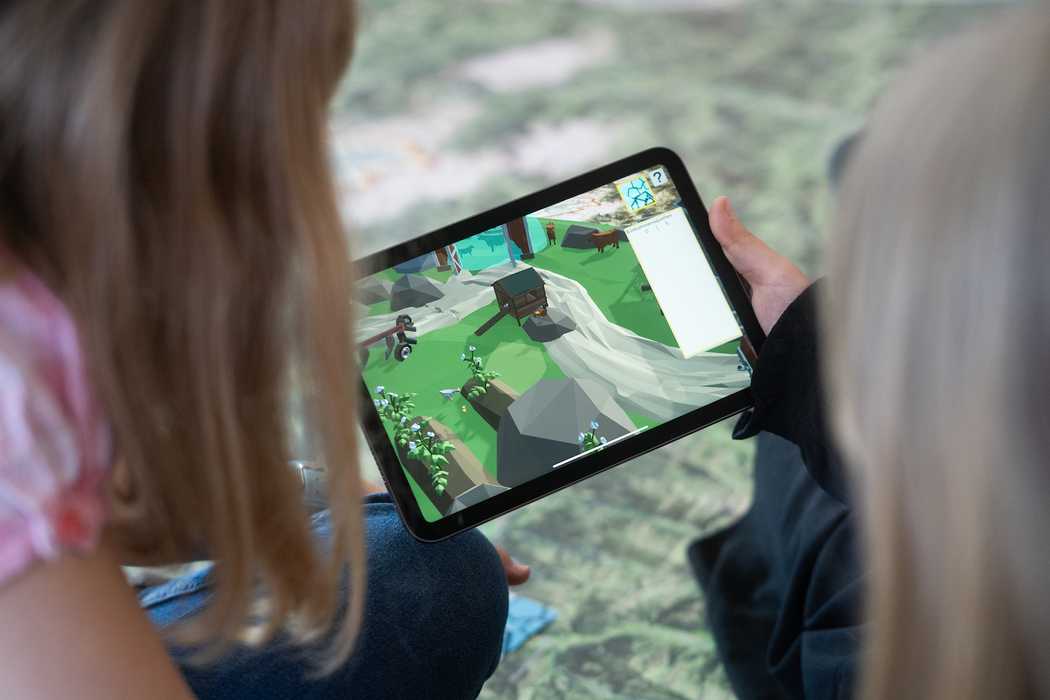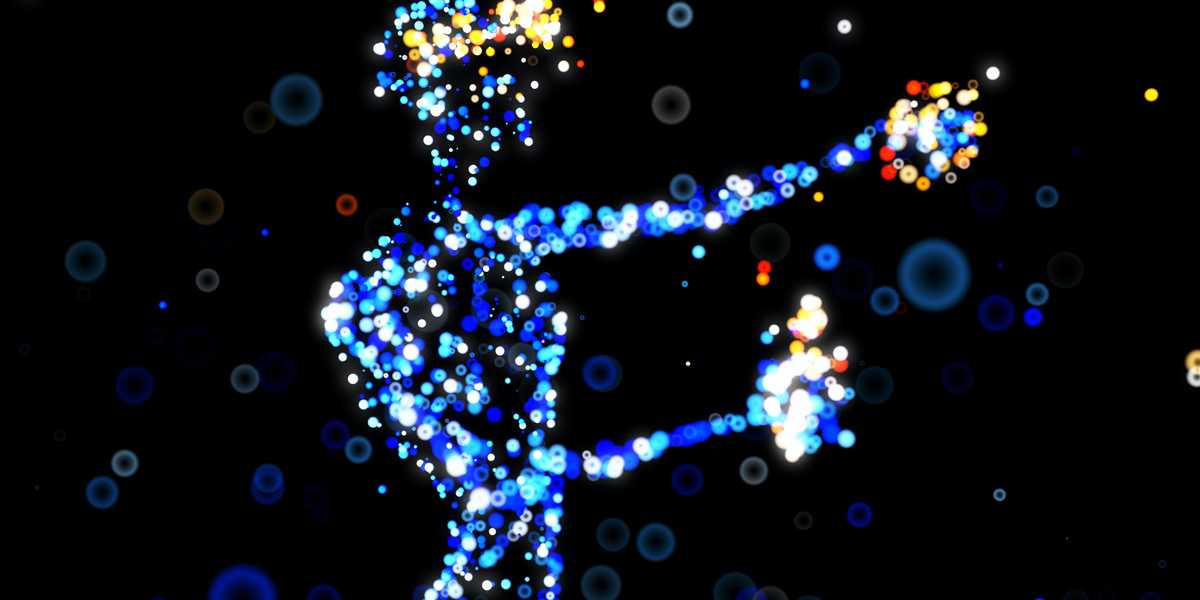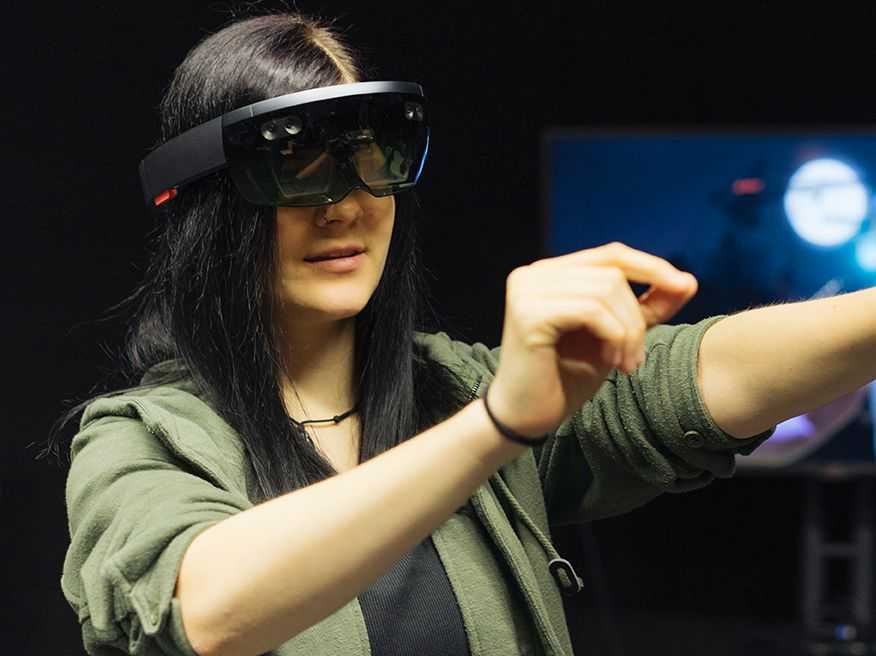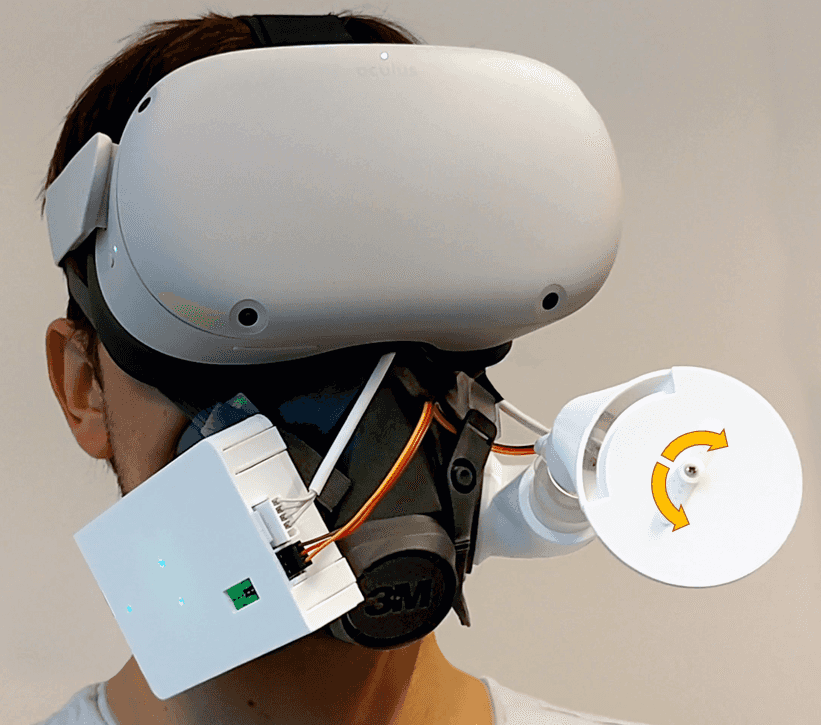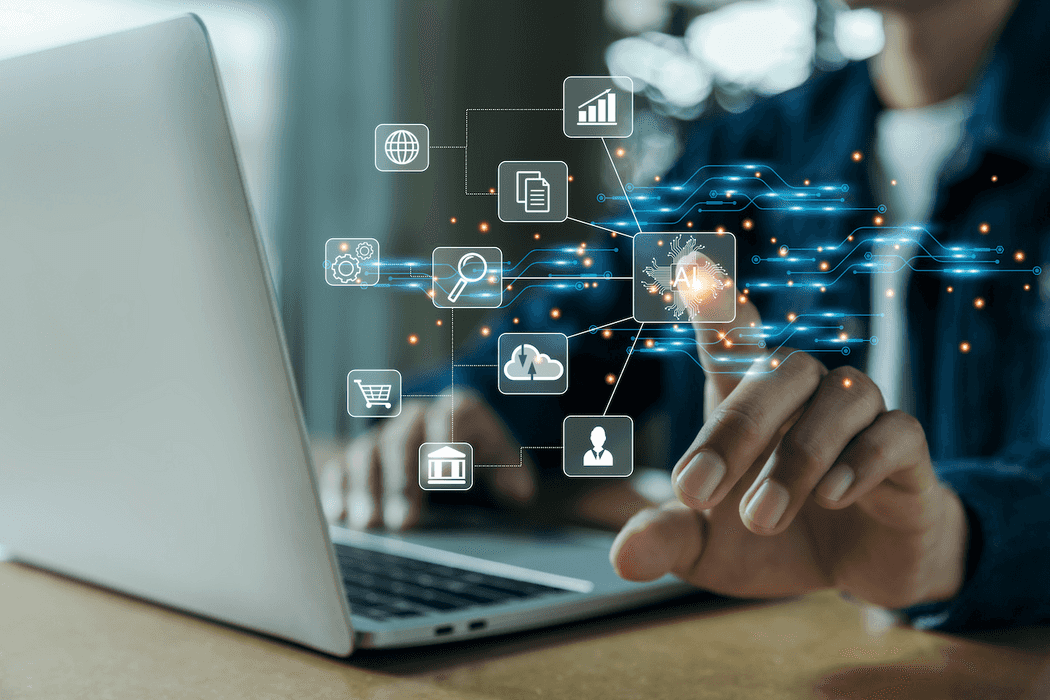Augmented & Virtual Reality.
Due to the maturity of AR/VR, we focus our research on an investigation of novel use cases for this technology, often in interdisciplinary settings with domain experts. We perform detailed analyses of potential application areas to identify processes and procedures which benefit most from using AR/VR. This allows us to explore fundamental research questions, but also focus on application-oriented novel solutions for various use application areas such as medicine, industry or education (EdTech).
